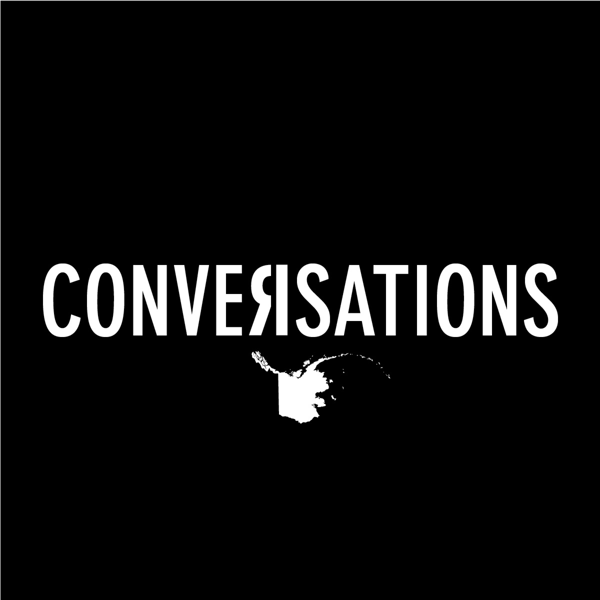EP 142 The history of slime with Christopher Michlig
Crude Conversations
crudemag
5 • 884 Ratings
🗓️ 13 December 2023
⏱️ 77 minutes
🧾️ Download transcript
Summary
Transcript
Click on a timestamp to play from that location
| 0:00.0 | Welcome to the show. In this one I talked to Christopher Mcleg. He's a visual artist and a professor at the University of Oregon and he recently released a book titled File under Slim. In it he traces the origins of the idea of |
| 0:26.3 | slime back to the early 1900s with associations to ectoplasm, femininity, and sexuality. |
| 0:34.8 | In his research, he found that people like H.P. Lovecraft and John Paul Sart |
| 0:39.8 | helped solidify the concept of slime within philosophy and pop culture, paving the way for it to be an |
| 0:46.7 | analog or a proxy for describing the unknown. In the 1950s, for example, there were movies like the blob, representing the social anxiety surrounding the atomic bomb. |
| 0:59.0 | And then in the toxic waste. Christopher says that what we choose slime to represent evolves over time. |
| 1:17.0 | More recently, it has entered rap music |
| 1:19.7 | through artists like Nori from Kaponin Noriega and newer guys like Young Thug. |
| 1:25.2 | The way these wrappers are using the word slime is different than how it's been used in the |
| 1:29.4 | past. |
| 1:30.7 | It's a substitute for friend or homey. |
| 1:35.0 | This podcast is made possible through the generous support of the crude magazine |
| 1:39.0 | Patreon subscribers. |
| 1:41.0 | If you already subscribe to the crude magazine Patreon, thank you. |
| 1:45.0 | For those listeners who aren't, please consider subscribing at Patreon. |
| 1:50.0 | dot com |
| 1:55.0 | and |
| 1:56.0 | and pick the subscription tier that works for you |
| 2:00.0 | I want to thank everyone |
| 2:02.0 | subscribe at the company mananteer. These are the people who have |
| 2:05.6 | subscribed to the crude Patreon for $50 or more. Trina Dober. Seward Brewing Company, the Grind Coffee Shop in Juno, Derek Adolf, Sharon Liska, |
| 2:19.6 | Jake Liska, Alaska Surf Adventure, and borderline legacy. |
... |
Please login to see the full transcript.
Disclaimer: The podcast and artwork embedded on this page are from crudemag, and are the property of its owner and not affiliated with or endorsed by Tapesearch.
Generated transcripts are the property of crudemag and are distributed freely under the Fair Use doctrine. Transcripts generated by Tapesearch are not guaranteed to be accurate.
Copyright © Tapesearch 2025.

